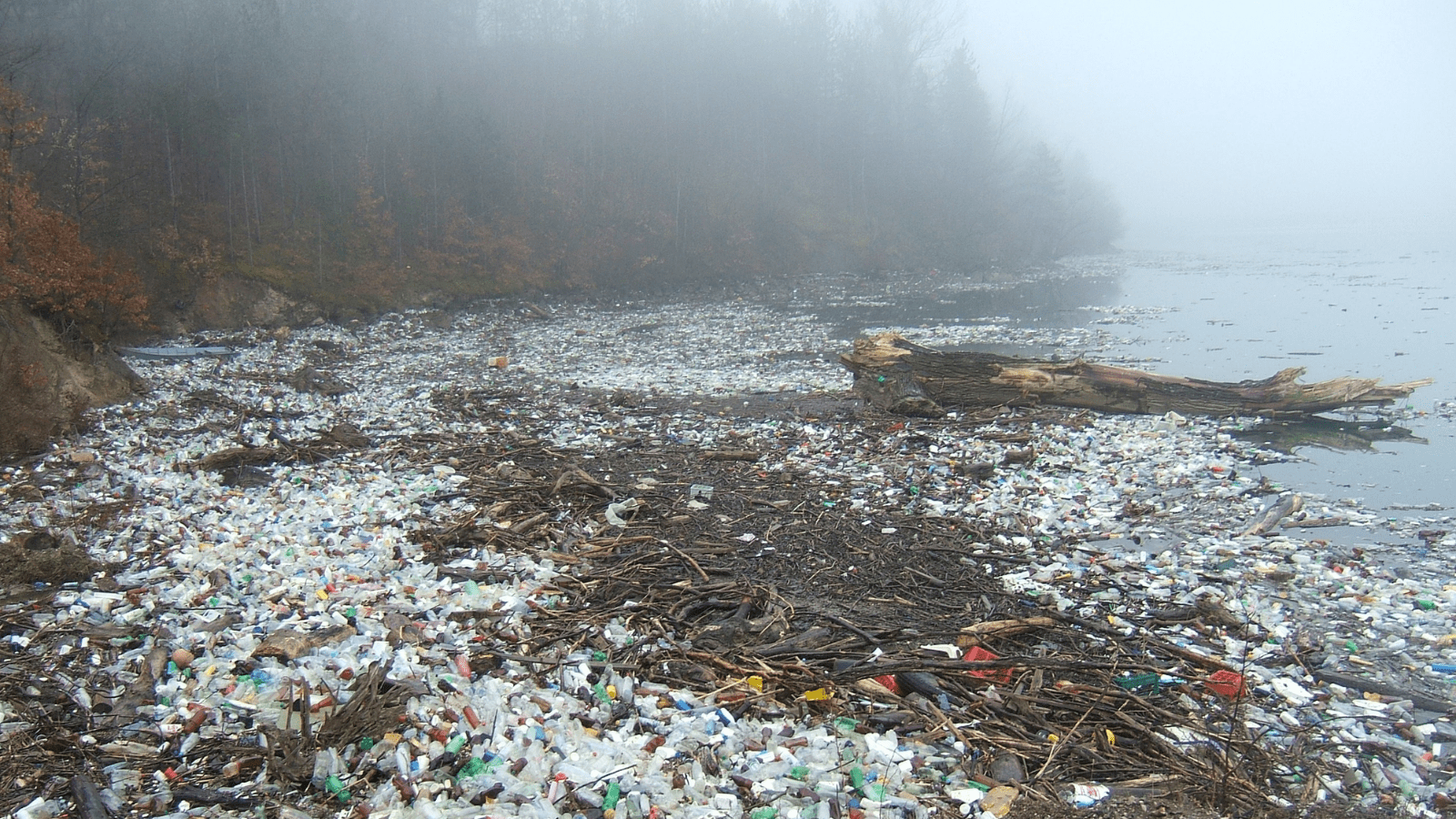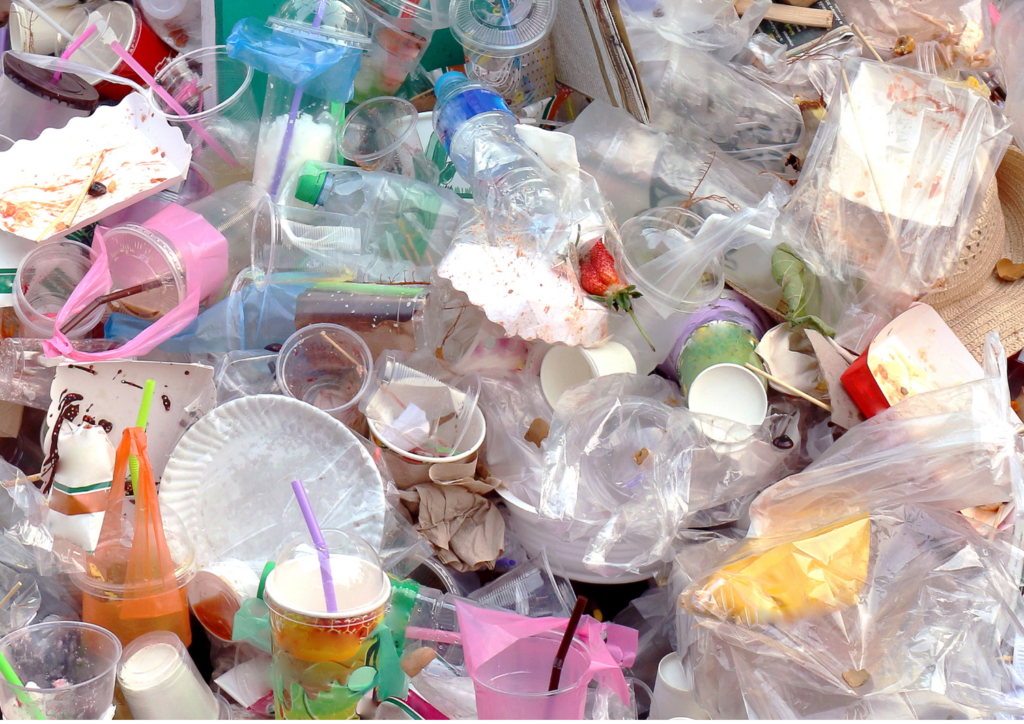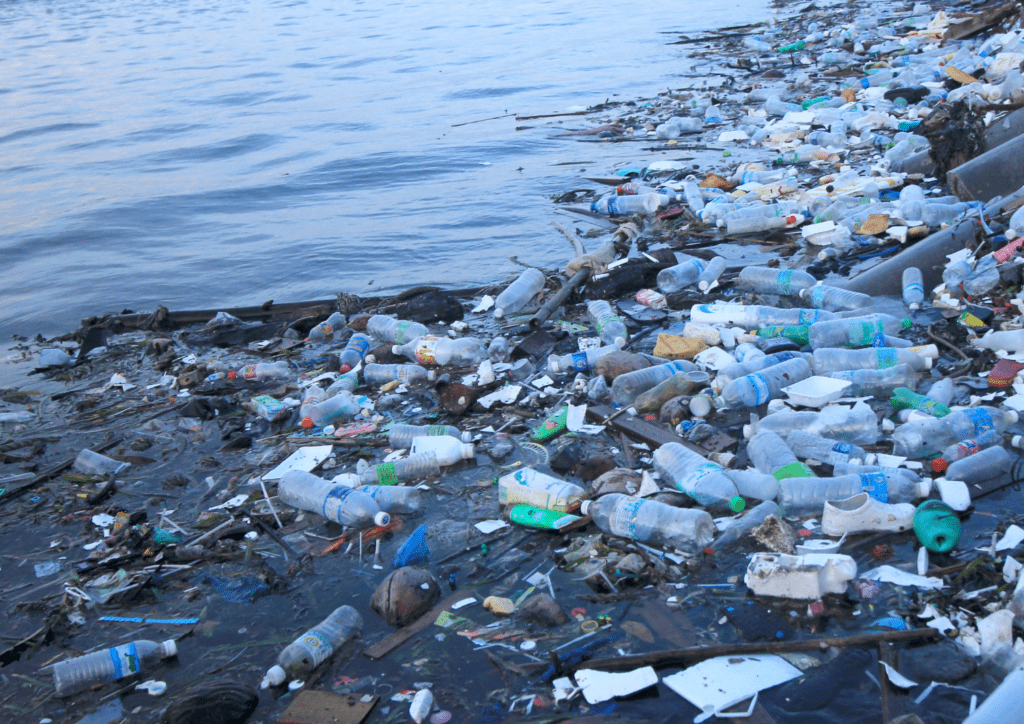Plastic pollution is a global crisis with a local twist: Ontarians throw away more than 1 million tonnes of plastic every year. Most of it ends up in landfills, in our air after being burnt or as litter in lakes, rivers and our communities .
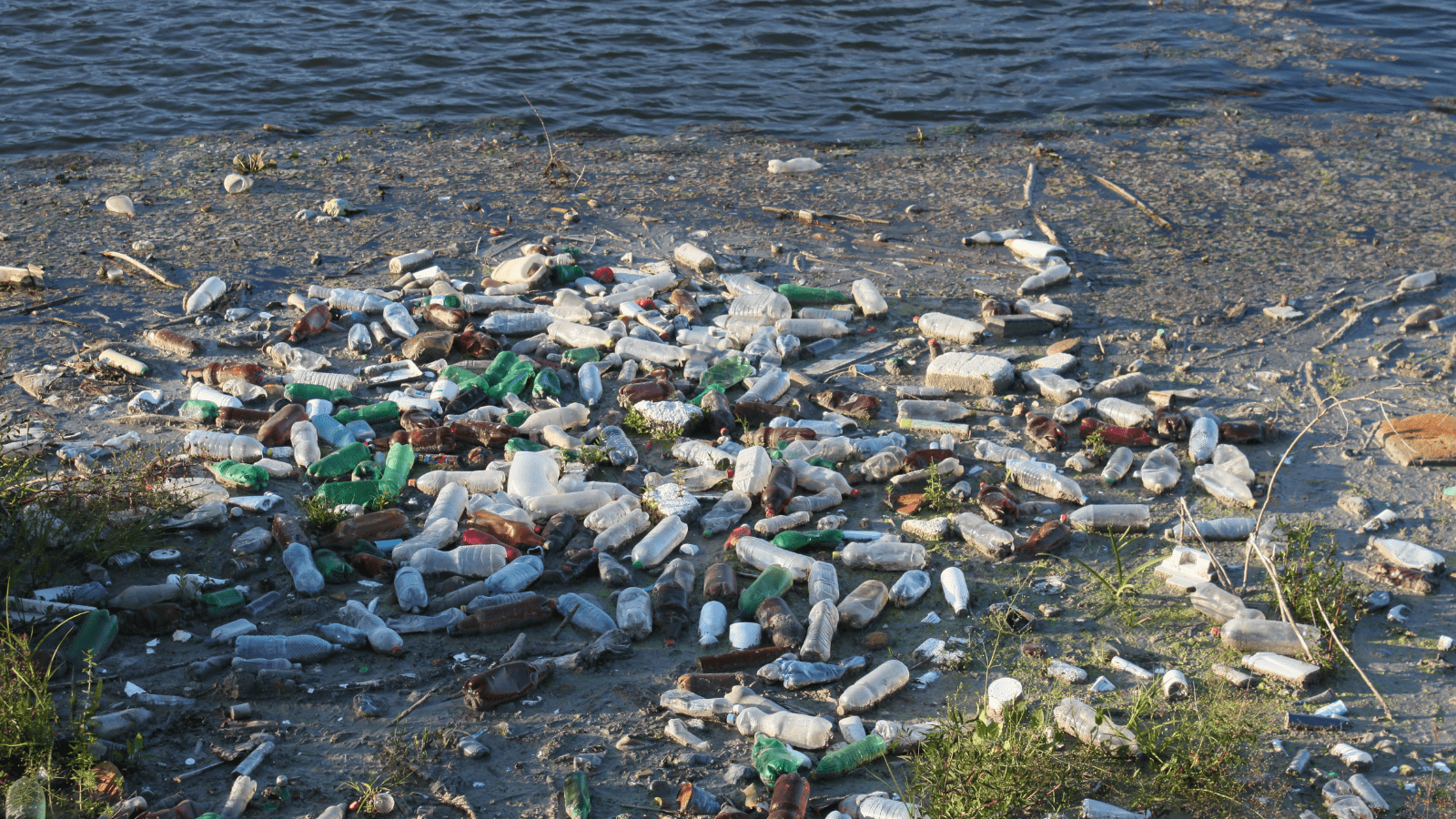
Plastic waste and pollution is not someone else’s problem. It’s ours. And until there are rules to reign in the overwhelming amount of plastic in our lives, it will continue to threaten our health and our environment.
Unfortunately, the Ontario government has completely lost the plot on pollution.
Ontario’s Resource Recovery and Circular Economy Act is designed to shift responsibility for waste management off of municipalities and taxpayers and on to goods producers, retailers, etc. It’s meant to ensure these producers pay the full costs of their packaging and product decisions, spurring them to make design and operational changes to create less waste and collect, reuse and recycle more.
But the new regulations under this “extended producer responsibility” (EPR) law are inadequate and it’s more and more doubtful that the companies that generate the waste that ends up in our bins will become fully responsible for dealing with it.
ON JUNE 2, VOTE FOR THE ENVIRONMENT!
The rules for plastic packaging are especially weak. They will only come fully into force in 2030, and even then producers will only be required to recycle 40 per cent of flexible plastics, such as films, and 60 per cent of rigid plastics, such as jugs and tubs. And these rules only cover the waste that comes from households, not the garbage disposed from businesses and most institutions – which makes up about 60 per cent of waste generated in the province.
Without improvements, the vast majority of plastic packaging in Ontario will continue to go to landfills and incinerators at the end of the decade.
Equally troubling, these “blue box regulations” are so confusing that they’re even stumping the companies that are supposed to become fully responsible for dealing with the packaging waste.
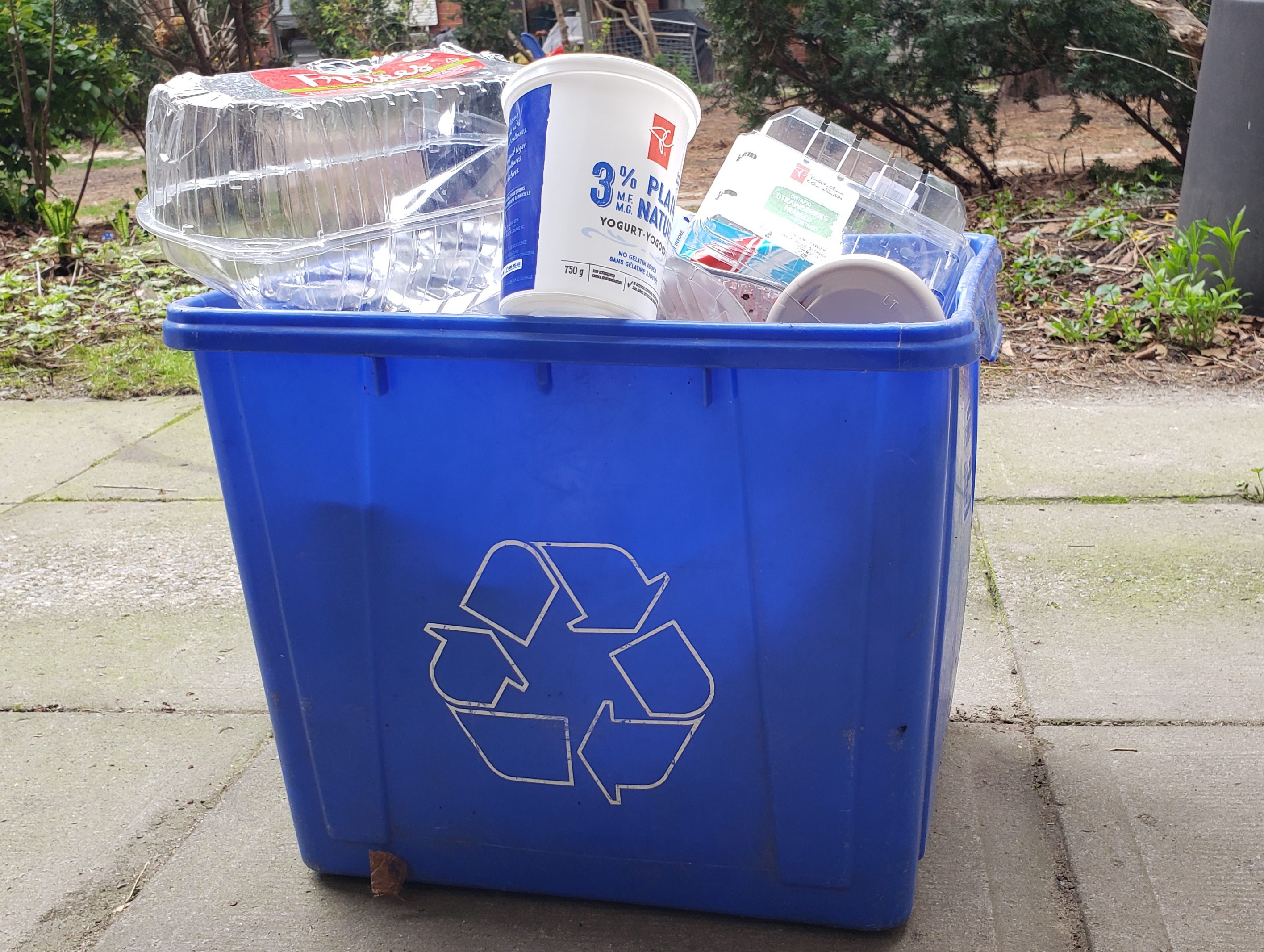
And EPR regulations are weak for other types of waste as well. Take batteries. No one wants to see valuable metal-containing batteries go to landfills or incinerators, where they generate toxic leachate and air emissions. But provincial rules for batteries only require the companies that make and sell batteries to “make best efforts” to collect and recycle them between now and 2024.
Now we’re hearing that these battery producers have cancelled the contract with the only battery recycler in Ontario, while still collecting fees from consumers for environmentally-friendly disposal. So where are these batteries now? The organization that collects “eco fees” from consumers to handle collection and recycling of the batteries told CBC that “it is working” with recyclers in Michigan and Quebec but offered no details on what’s actually happening to the batteries now.
And then there’s the disaster of plastics incineration. Although the Resource Recovery and Circular Economy Act does not include burning waste for energy or fuel as recycling, the provincial government recently floated the idea of making it easier to get permits for facilities that burn plastic under the mistaken view that this is somehow better than landfilling it. It’s not. It’s a polluting and expensive process that perpetuates the creation of plastic waste.
Ontario needs to do its part to stop plastic pollution. We need to make sure that the next Ontario government:
- Expands deposit-return to ensure all beverage containers get collected, refilled or recycled, and don’t end up as litter, in landfills or incinerators.
- Improves the EPR rules, including the new Blue Box regulations, starting with:
- increasing the amount of plastic packaging that producers must ensure is recycled,
- and shifting responsibility to companies for the management of all waste generated in Ontario, not just the 40 per cent of waste discarded from households.
- Rejects plastic incineration, including any project that proposes to turn plastic waste into fuel and/or chemicals, as a false solution to the plastic pollution crisis. Burning plastic is not only polluting and expensive, it acts as a release valve to allow for ever more plastic production and waste.



